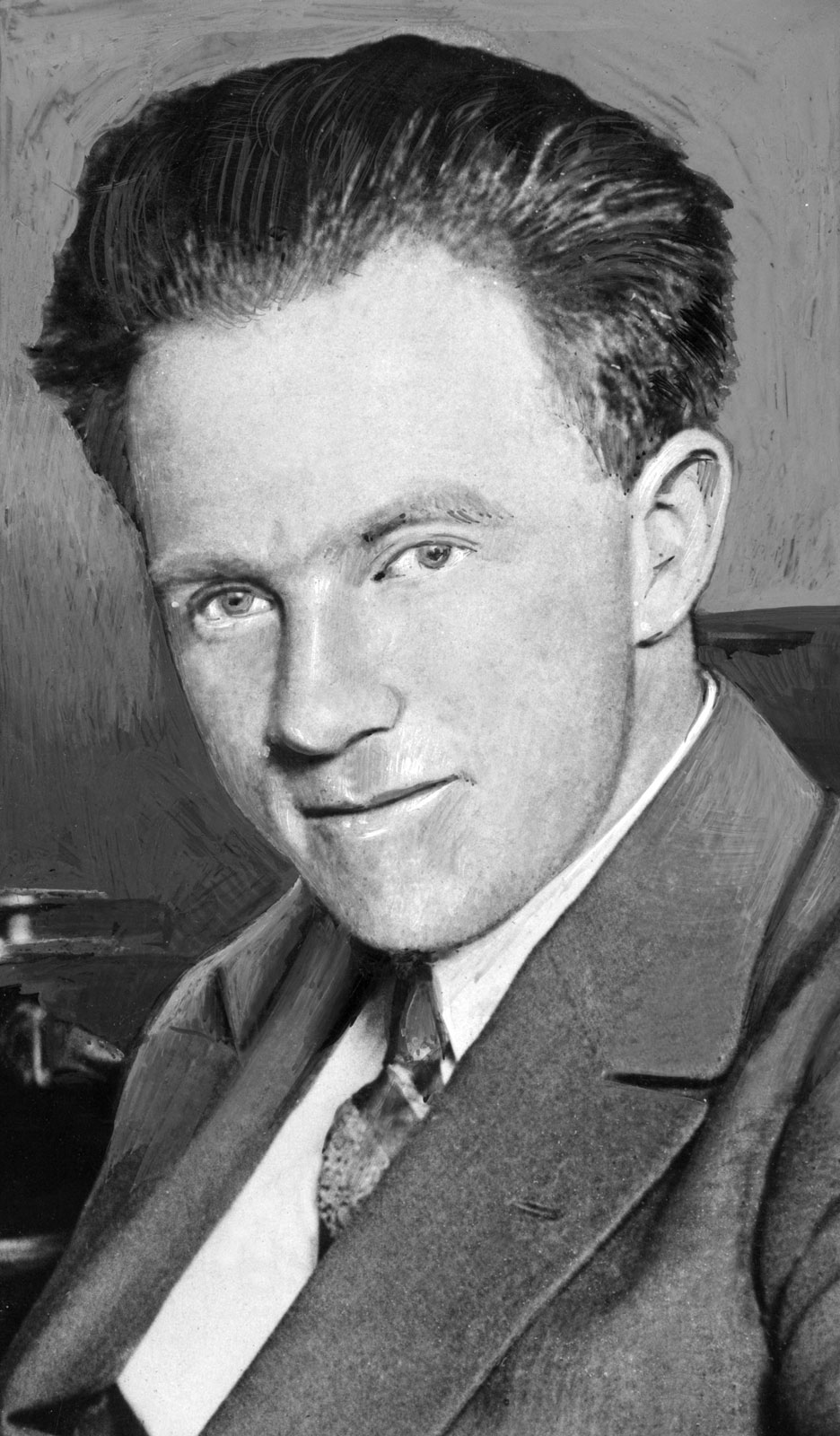Karl Heisenberg is a name that resonates deeply within the realms of physics and philosophy. He is best known for developing the Uncertainty Principle, which fundamentally changed our understanding of atomic and subatomic particles. This article will explore his life, contributions, and the profound impact he has had on the scientific community and beyond.
Born in Würzburg, Germany, in 1901, Heisenberg showed an early inclination towards science, excelling in mathematics and physics during his education. His groundbreaking work in the 1920s laid the foundation for modern quantum mechanics, earning him the Nobel Prize in Physics in 1932. Heisenberg's legacy continues to influence a wide range of fields, including chemistry, philosophy, and even art.
This article aims to provide an in-depth look at Karl Heisenberg's life, his major scientific contributions, and the relevance of his work in today's world. Through this exploration, we hope to highlight the importance of his ideas and how they resonate in contemporary science and technology.
Table of Contents
- Biography of Karl Heisenberg
- Early Life and Education
- The Uncertainty Principle
- Nobel Prize and Recognition
- Impact on Physics and Quantum Mechanics
- Philosophical Implications of His Work
- Legacy and Influence
- Conclusion
Biography of Karl Heisenberg
| Full Name | Karl Friedrich Heisenberg |
|---|---|
| Date of Birth | December 5, 1901 |
| Place of Birth | Würzburg, Germany |
| Date of Death | February 1, 1976 |
| Profession | Physicist |
| Awards | Nobel Prize in Physics (1932) |
Early Life and Education
Karl Heisenberg was born into a family of educators, which provided him with a solid foundation in academics. He attended the University of Munich, where he studied physics under prominent scientists like Arnold Sommerfeld. Heisenberg's early academic achievements were remarkable, leading him to become an assistant to Max Planck, the father of quantum theory.
Academic Journey
- Studied at University of Munich (1920-1923)
- Assistant to Max Planck (1922)
- PhD in Physics (1923)
The Uncertainty Principle
In 1927, Heisenberg introduced the Uncertainty Principle, which states that the position and momentum of a particle cannot be simultaneously measured with arbitrary precision. This principle revolutionized physics, illustrating the limitations of classical mechanics and paving the way for the development of quantum mechanics.
Implications of the Uncertainty Principle
- Challenges traditional notions of determinism
- Influences the philosophy of science
- Forms the basis for many quantum technologies
Nobel Prize and Recognition
Heisenberg's contributions to quantum mechanics earned him the Nobel Prize in Physics in 1932. The award recognized his creation of quantum mechanics and the Uncertainty Principle, which have both had a profound impact on the scientific community.
Notable Achievements
- Nobel Prize in Physics (1932)
- Member of the German Academy of Sciences
- Influential lecturer and author
Impact on Physics and Quantum Mechanics
Heisenberg's work has had a lasting impact on the field of physics. His principles and theories are now foundational in understanding atomic behavior and the nature of reality.
Key Contributions
- Development of matrix mechanics
- Foundational work in quantum field theory
- Influence on subsequent physicists like Schrödinger and Dirac
Philosophical Implications of His Work
Beyond physics, Heisenberg's ideas have significant philosophical ramifications. His work raises questions about the nature of reality, observation, and knowledge itself, challenging traditional views of science.
Philosophical Discussions
- Debates on determinism vs. indeterminism
- Influence on existentialism and postmodern philosophy
- Impact on scientific realism
Legacy and Influence
Karl Heisenberg's legacy is one of intellectual courage and scientific brilliance. His work continues to inspire physicists and philosophers alike, and his ideas remain relevant in discussions about the nature of the universe.
Continuing Influence
- Ongoing research in quantum mechanics
- Inspiration for new scientific theories
- Influence on art and literature
Conclusion
In summary, Karl Heisenberg's contributions to science have shaped our understanding of the universe in profound ways. His Uncertainty Principle not only transformed physics but also sparked philosophical debates that continue to this day. We encourage readers to explore more about Heisenberg's life and work, as there is much to learn from this incredible figure in science.
We invite you to leave your thoughts in the comments below, share this article with others who may find it valuable, and explore more content related to the fascinating world of physics on our site.
Thank you for visiting, and we hope to see you again soon!
You Might Also Like
Kim Plath: A Deep Dive Into Her Life, Career, And Impact On Reality TelevisionIs Kareem Abdul-Jabbar Married? Exploring The Life Of A Basketball Legend
Is Cameron Boyce In Grown Ups? A Deep Dive Into His Role And Contributions
Paula Yates: The Life And Legacy Of A TV Icon
Stephen And Gabriel Macht: An In-Depth Look At The Talented Actors And Their Journey
Article Recommendations
- Exploring Sandra Bullocks Childhood A Journey Through The Early Years Of A Hollywood Star
- Ryan Paevey.htm
- Jane Fonda Short Haircut


